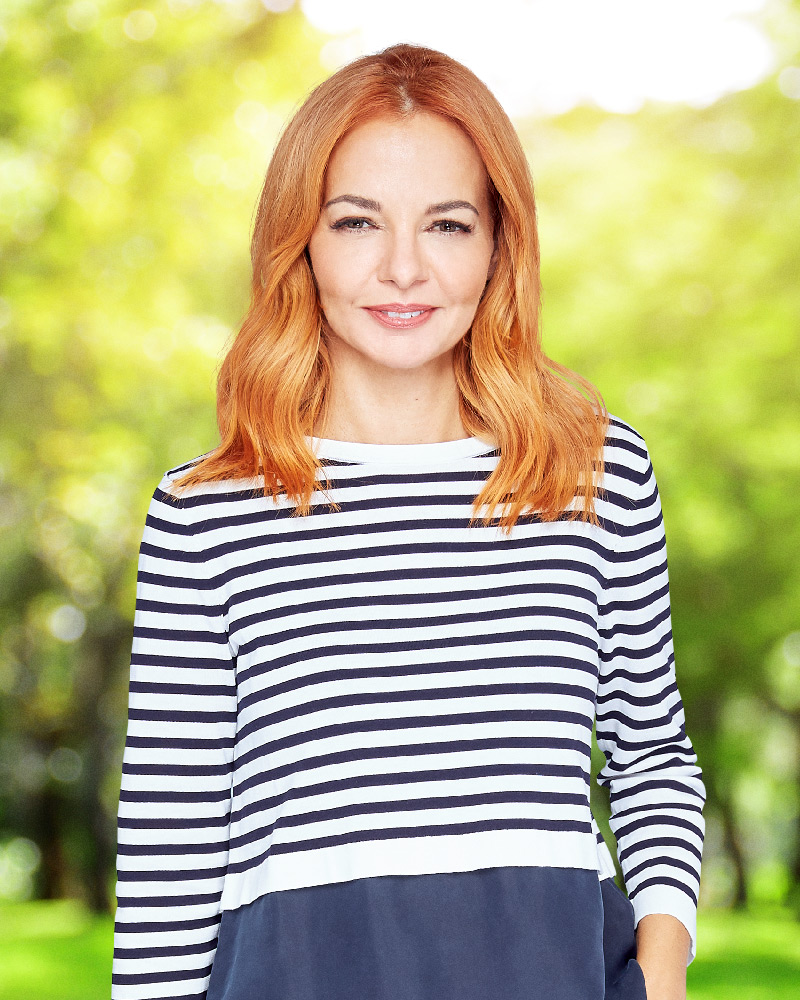MENTAL HEALTH
“Even when you are in the darkest hole - an abyss, and I’ve been in that abyss, know that there is light again when you clamber back out”.
- Anne McKevitt
According to the World Health Organisation, 450 million people are suffering from a mental health disorder right now, making it a leading cause of ill health worldwide. Another sobering fact is that nearly one in four people will be affected by a mental health problem at some point in their lives. Today, the stigma of mental health has gone away. It is out in the open and a fashionable topic of conversation. That is both a good and a bad thing.
Good, because people have become more aware of the mental health needs of others. However, on the flip side, many who have never experienced mental illness yawn when they hear prominent people speak about their problems and accuse them of jumping on a bandwagon. Anne McKevitt steered away from talking publicly about her mental health issues until late 2019. Having been through a very difficult year, she decided she needed to be open about it with the sole intention of helping others.
Anne says: “I’ve suffered from PTSD (post-traumatic stress disorder) for over 20 years. I hid it, was embarrassed by it, and never discussed it openly until very recently. There have been periods in my life when I have been completely paralysed by PTSD, unable to do some of the most basic things. Sometimes it lasts for a day, sometimes a week, but in 2019 an episode lasted for many months. Mine is what my doctors call complex trauma because it comes from more than one event.
“I am the child of domestic violence—as a witness and because I was physically and psychologically abused for 15 years. When I was 19 years old, a serious car accident left me unable to walk. I was also unable to talk for four months. It took me two and a half years to learn to walk normally and climb stairs again.
“Many years later, a colleague was shot dead outside her home. The media claimed I was the shooter’s next target. More recently, life sent me a fourth challenge, which I’m still unable to talk about as it was so distressing. Each of these challenges stacked up, becoming a tipping point, which ultimately gave me PTSD.”
Anne is unable to take medications to alleviate PTSD symptoms due to having Steven Johnson Syndrome. This life-threatening illness has hospitalised her three times and is caused by pharmaceuticals. Instead, to combat the effects of her PTSD, Anne has a rigorous mental health management routine, using mindfulness, movement, sleep and organisation.
Currently, she loves using a 10-minute meditation app every morning called the Daily Calm. This is followed by a walk and a swim. Later in the day, Anne will do yoga, row or jog. To avoid stressful situations, she tries to remove herself from anything that can be a trigger. Anne has also discovered that talking with other people living with PTSD is very helpful, be they veterans or civilians. Anne has been working on creating a mental health program for anyone with PTSD, depression and anxiety, to help them reduce their symptoms.
“If you have any mental disorder, seek professional help and tell your family and trusted friends,” Anne says. “Even when you are in the deepest, darkest hole, and I’ve been in that abyss, know there is light again when you clamber back out.”




